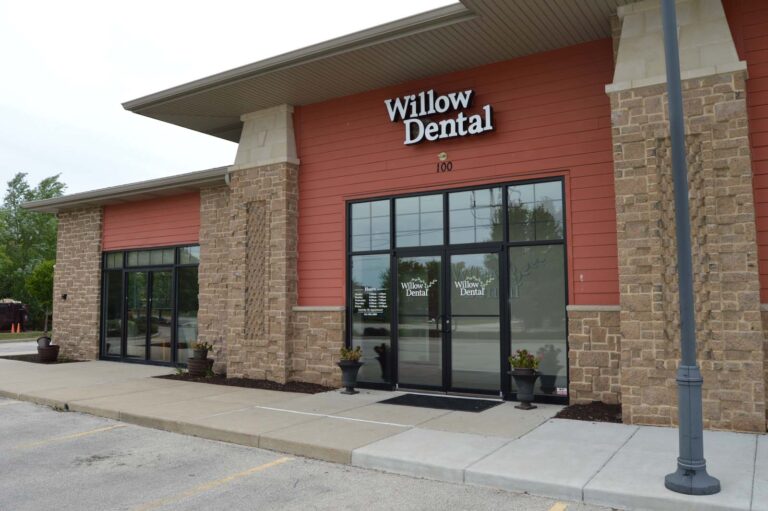The Three Types of Dental Implants at Willow Dental in New Berlin, WI
What Are The Three Types of Dental Implants?
Dental implants have transformed the field of dentistry by offering a permanent solution for missing teeth. They provide a strong foundation for fixed or removable replacement teeth that are designed to match your natural teeth. Understanding the different types of dental implants can help you make an informed decision about your dental health. In this blog, we will discuss the three main types of dental implants: endosteal, subperiosteal, and zygomatic implants.
1. Endosteal Implants
Endosteal implants are the most commonly used type of dental implant. They are typically made of titanium and shaped like small screws. These implants are surgically placed directly into the jawbone. Once the surrounding gum tissue has healed, a second surgery is required to connect a post to the original implant. Finally, an artificial tooth (or teeth) is attached to the post individually or grouped on a bridge or denture.
Advantages of Endosteal Implants:
- Stability: They offer a strong and stable base for one or more prosthetic teeth.
- Versatility: Can be used for most patients, provided they have enough healthy jawbone.
- High Success Rate: They have a high success rate due to their integration with the jawbone.
Considerations:
- Requires sufficient jawbone density for placement.
- Involves a two-step surgical process, which may take several months.
2. Subperiosteal Implants
Subperiosteal implants are an alternative to endosteal implants and are used primarily for patients who do not have sufficient healthy jawbone and cannot undergo a bone augmentation procedure. These implants consist of a metal frame that is fitted onto the jawbone just below the gum tissue. As the gums heal, the frame becomes fixed to the jawbone. Posts attached to the frame protrude through the gums, and artificial teeth are then mounted to these posts.
Advantages of Subperiosteal Implants:
- Less Invasive: Does not require bone grafting, making it suitable for patients with inadequate jawbone.
- Shorter Treatment Time: The process is quicker than that for endosteal implants.
Considerations:
- Less stable than endosteal implants, as they sit on top of the jawbone.
- Typically used for patients who cannot wear conventional dentures or have minimal bone height.
3. Zygomatic Implants
Zygomatic implants are the least common type of dental implant and are used in cases where there is severe bone loss in the upper jaw. Instead of being placed in the jawbone, these implants are anchored in the zygomatic bone (cheekbone), which provides a secure base for the prosthetic teeth.
Advantages of Zygomatic Implants:
- Solution for Severe Bone Loss: Ideal for patients with significant bone loss in the upper jaw who cannot receive traditional implants.
- No Need for Bone Grafting: Eliminates the need for complex bone grafting procedures.
Considerations:
- More complex surgical procedure compared to endosteal and subperiosteal implants.
- Requires specialized training and expertise from the dental surgeon.
Choosing the Right Type of Dental Implant
Selecting the right type of dental implant depends on various factors, including the condition of your jawbone, your overall health, and your specific dental needs. Consulting with a qualified dental professional is crucial to determine the most appropriate solution for you. They will conduct a thorough examination and discuss the options that best suit your situation.
Dental implants offer a reliable and effective way to replace missing teeth and restore your smile. Whether you opt for endosteal, subperiosteal, or zygomatic implants, each type has its unique advantages and considerations. By understanding these options, you can work with your dental professional to achieve the best possible outcome for your oral health.
If you have any questions or are considering dental implants, feel free to contact our office to schedule a consultation. We’re here to help you achieve a healthy, beautiful smile!
